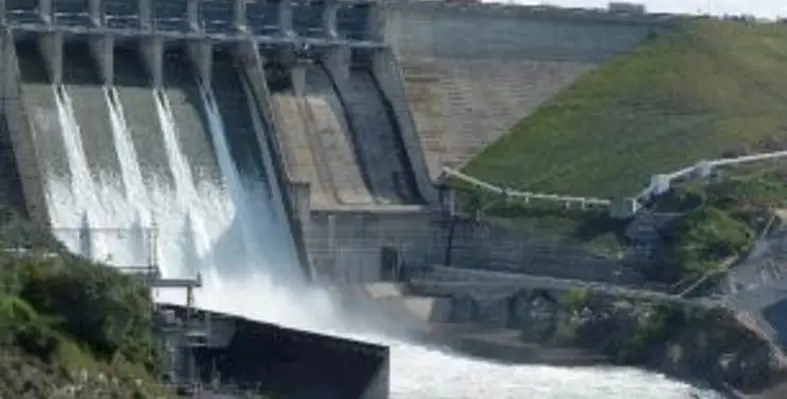The 600MW Karuma hydro power project in northern Uganda has received a boost following parliament’s approval for Uganda’s government to borrow US$1.44bn from Export-Import Bank of China to finance it
Construction on the dam had stalled due to delayed dispatch of funds from China after some members of parliament claimed the dam was too costly.
Construction of the dam was launched in 2013. Chinese company Sinohydro was awarded the contract through a private public partnership (PPP) following a bilateral arrangement between Ugandan President Yoweri Museveni and his Chinese counterpart.
According to the deal, Chinese government would extend a loan to the Ugandan government for 85 per cent of the project’s cost over 15 years at four per cent interest. The rest would be met by the Uganda government itself, which, according to reports, has already been disbursed.
Uganda is grappling with significant power shortage and the completion of Karuma dam and other power projects over the next few years is expected to provide some relief. However, the cost per unit is expected to remain high until the debt has been repaid.
Member of Ugandan parliament Xavier Kyooma, however, was quoted in the official media cautioning the government against over-borrowing, arguing it could worsen the country’s debt level.
“The risk of debt is underlined by uncertainties in the oil and gas industry, which has seen the price of oil drop by more than 50 per cent. This means completely relying on earnings from oil to repay some of these loans, which remains uncertain,” he said. He also commented that the committee sanctioned the loan with caution because the country faces a power shortage while the cost of electricity is high.
Uganda’s government has often praised China’s support for the country’s economic development by extending its financing, which has enabled it to carry out a number of infrastructure projects that are expected to stimulate economic growth.
— Geoffrey Muleme














